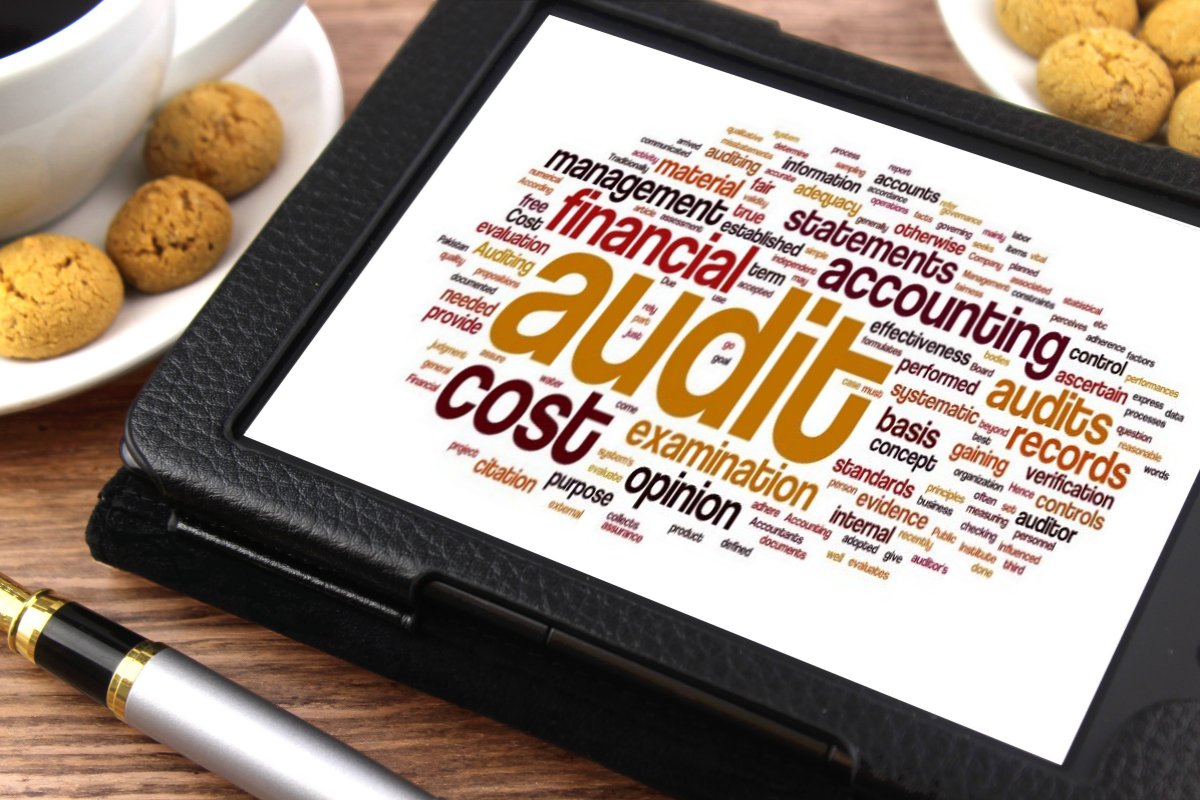Explain the purpose of a subsequent events review
A subsequent events review is a crucial process in the field of accounting and auditing, pertaining to the period after a company’s financial statement date but before those financial statements are issued or available to be issued. This article delves into the significance, methodologies, and challenges of this review, providing a comprehensive understanding of its role in financial reporting.
Significance of Subsequent Events Review
The primary purpose of a subsequent events review is to ensure that financial statements provide a true and fair view of the company’s financial position as of the statement date. Events occurring after the balance sheet date can sometimes provide additional evidence about conditions that existed at the balance sheet date, known as “recognized subsequent events,” or they may represent new conditions that arose after the balance sheet date, termed “non-recognized subsequent events.”
Recognized subsequent events necessitate adjustments in the financial statements. For example, if a company is facing a lawsuit, and the court delivers a verdict resulting in a significant financial obligation after the balance sheet date but before the statements are issued, this event reflects the company’s condition as of the balance sheet date and would require an adjustment in the financial statements.
Non-recognized subsequent events, on the other hand, do not result in adjustments but may require disclosure. For instance, if a company undergoes a major acquisition or suffers a significant loss due to a natural disaster after the balance sheet date, these events provide valuable information for users of the financial statements about events that could significantly impact the company’s future financial position.
Methodologies in Subsequent Events Review
The review of subsequent events involves several key steps. Auditors must first identify the types of events that could affect the financial statements. This process typically includes a review of the company’s internal records, such as board meeting minutes, regulatory filings, and correspondence with attorneys. Auditors also discuss with management about significant events that occurred during this period.
Once potential subsequent events are identified, auditors must determine whether they require adjustment or disclosure in the financial statements. This involves evaluating the nature of each event and its relation to the conditions existing at the balance sheet date.
Challenges in Subsequent Events Review
One of the primary challenges in conducting a subsequent events review is the determination of the type of subsequent event. The distinction between recognized and non-recognized events can be nuanced and requires professional judgment.
Another challenge is the timing of the review. As the period between the balance sheet date and the issuance of financial statements can vary, auditors must stay vigilant about the possibility of events occurring that could affect the financial statements.
Ethical and Professional Considerations
Auditors must approach subsequent events review with an attitude of professional skepticism, remaining alert to any evidence that contradicts the information provided by management. Ethical considerations also play a significant role, as auditors must balance the confidentiality of information against the need to disclose significant events to financial statement users.
The Evolving Nature of Subsequent Events Review
In today’s dynamic business environment, characterized by rapid technological advancements and global interconnectedness, the subsequent events review process is becoming increasingly complex. Auditors must be adept at navigating this complexity and adapting their methodologies to changing circumstances.
Conclusion
In conclusion, the review of subsequent events is a fundamental aspect of financial reporting and auditing. It ensures that financial statements accurately reflect a company’s financial position as of the balance sheet date and include all material information necessary for users to make informed decisions. While the process poses certain challenges, its effective execution is vital for maintaining the integrity and reliability of financial reporting. As the business landscape continues to evolve, the subsequent events review will continue to be an area of focus and refinement in the accounting and auditing profession.
